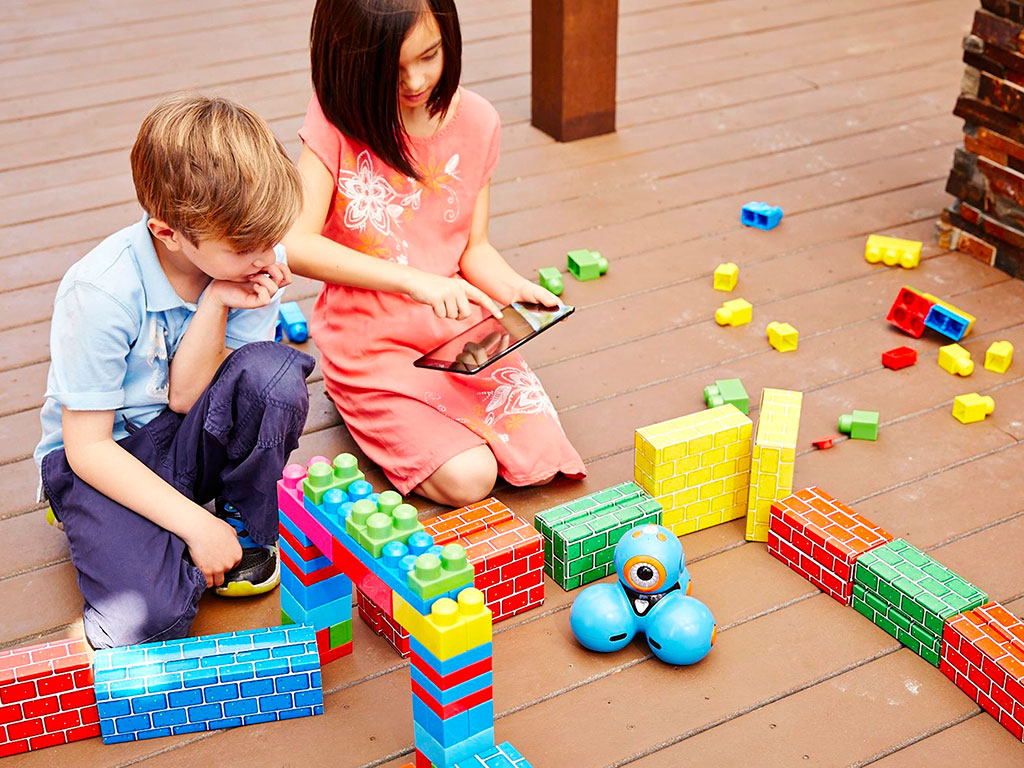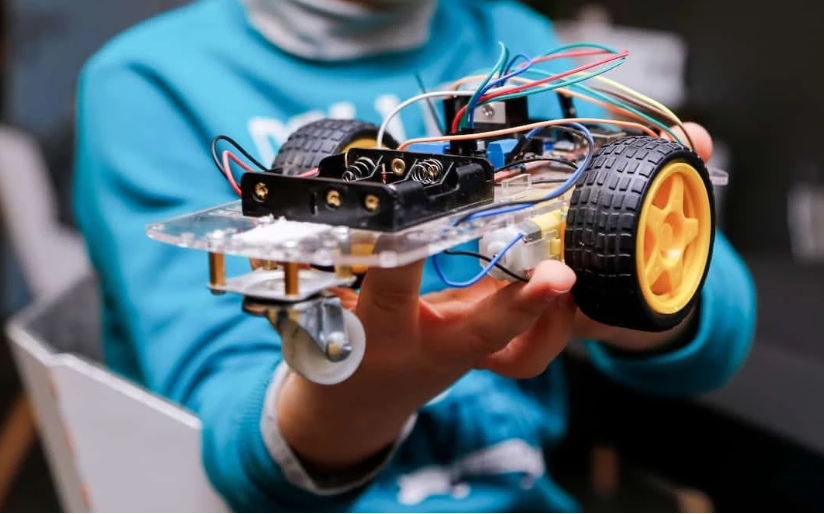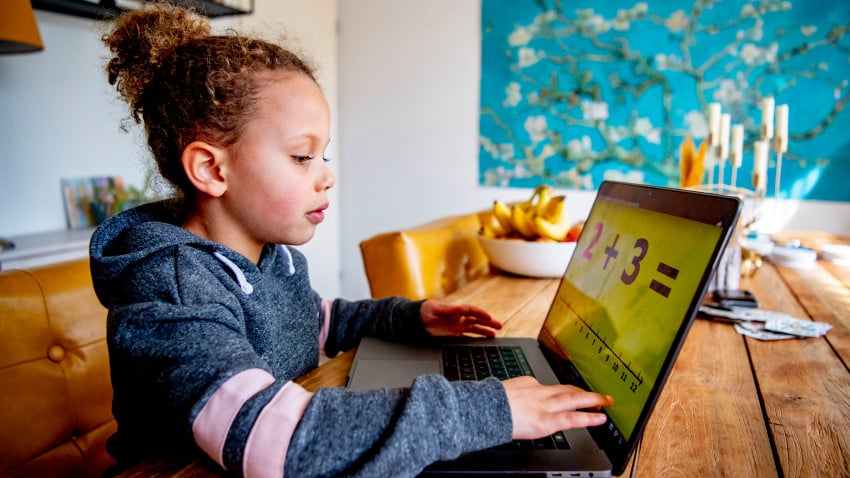RobotLAB Blog
Everything You Need To Know About Robotics in Businesses
Innovative Ways to Make Coronavirus a Teachable Moment
When the world feels dangerous, harnessing learning can provide some measure of clarity and perspective.

- 0 Comments
- May 18, 2020 10:00:00 AM
- Posted by Natalia Galvis
- Topics: Robotics, EdTech, STEM, Robots,, students, STEMchat, Edchat, coronavirus, remote learning
How Playtime with STEM Toys Makes Kids Smart
Kids need plenty of playtime. It makes them smart. Unstructured playtime also strengthens neurological development. Children become more well-rounded and adjusted when they’ve been encouraged to pursue fun activities on their own. It’s the thrill of exploration and having a creative license to do whatever they want that produces healthy children.

- 0 Comments
- May 15, 2020 10:00:00 AM
- Posted by Natalia Galvis
- Topics: Robotics, EdTech, STEM, Robots,, students, STEMchat, Edchat, coronavirus, remote learning
5 Tips for Conducting a Digital Literacy Assesment
For many teachers, the challenge of integrating technology into their own teaching is one they are just starting to feel comfortable with, and now comes the next challenge of teaching digital literacy skills to their students. Here are some tips on how to assess digital literacy.

- 0 Comments
- May 14, 2020 10:00:00 AM
- Posted by Natalia Galvis
- Topics: Math, Robotics, EdTech, STEM, Robots,, students, STEMchat, Edchat, coronavirus, covid19, remote learning
STEM Activities & Robotics Classes for At-Home Learning
With a lot of people home from work and students learning remotely, I decided to put together an article with options for STEM activities and robotics projects for at-home learning.
Whether you’re bored and are looking for your next project or you have a course to finish and need a little help, this guide is designed as a one-stop-shop for all things robotics and STEM.

- 0 Comments
- May 13, 2020 10:00:00 AM
- Posted by Natalia Galvis
- Topics: Math, Robotics, EdTech, STEM, Robots,, students, STEMchat, Edchat, coronavirus, covid19, remote learning
Schools Are Opening Worldwide, Providing a Model for the U.S.
Children are returning to school in countries that are weeks—or months—ahead of the U.S. in battling COVID-19. Here’s how it’s happening.
 Image source: https://unsplash.com/
Image source: https://unsplash.com/
- 0 Comments
- May 12, 2020 10:00:00 AM
- Posted by Natalia Galvis
- Topics: Math, Robotics, EdTech, STEM, Robots,, students, STEMchat, Edchat, coronavirus, covid19, remote learning
Blocks, Rocks, and Robots: Nurturing Computational Thinking in Early Childhood
Computational thinking can be related to computers and computer science, as its name would suggest. But, more broadly, computational thinking is the ability to analyze and solve problems in a logical and organized way. Unsurprisingly, computational thinking is a higher priority in education today than it was 30 years ago. In our ever-evolving world, the leaders of tomorrow will be required to use computational thinking on a daily basis. Therefore, it’s incredibly important to train young children to develop these skills early on.

- 0 Comments
- May 11, 2020 10:00:00 AM
- Posted by Natalia Galvis
- Topics: Math, Robotics, EdTech, STEM, Robots,, students, STEMchat, Edchat, coronavirus, covid19, remote learning
Remote Learning: 6 Best Ways to Engage Your Students [from Teachers!]
Keeping students on task and excited about learning can take all your best classroom management strategies — even when you’re delivering instruction face-to-face.
With many schools closing their doors indefinitely, teachers across the country have had to adapt at light-speed and implement remote learning strategies. While remote learning isn’t a perfect substitute for in-class instruction, there are lots of ways to keep students engaged while they’re learning from home.
If you’re not sure where to start, we’ve put together a list of six best practices for online instruction to help you.

- 0 Comments
- May 8, 2020 10:00:00 AM
- Posted by Natalia Galvis
- Topics: Math, Robotics, EdTech, STEM, Robots,, students, STEMchat, Edchat, coronavirus, covid19, remote learning
Relevant Posts
- Augmented Reality: A Tool for Teaching Students Robot Programming
- Fostering Innovation Through Youth Education in STEM and EdTech
- How Parents Can Foster STEM Learning Beyond the Classroom
- How Robotics Cultivates a Deep Understanding of Mathematics in Students
- RobotLAB Receives EDTech Chronicle 2023 ‘BESTIE’ Award for Landmark Partnership with American Samoa Dept. of Education.
Subscribe to Email Updates
-
I Want To Learn MoreADDITIONAL INFORMATION
